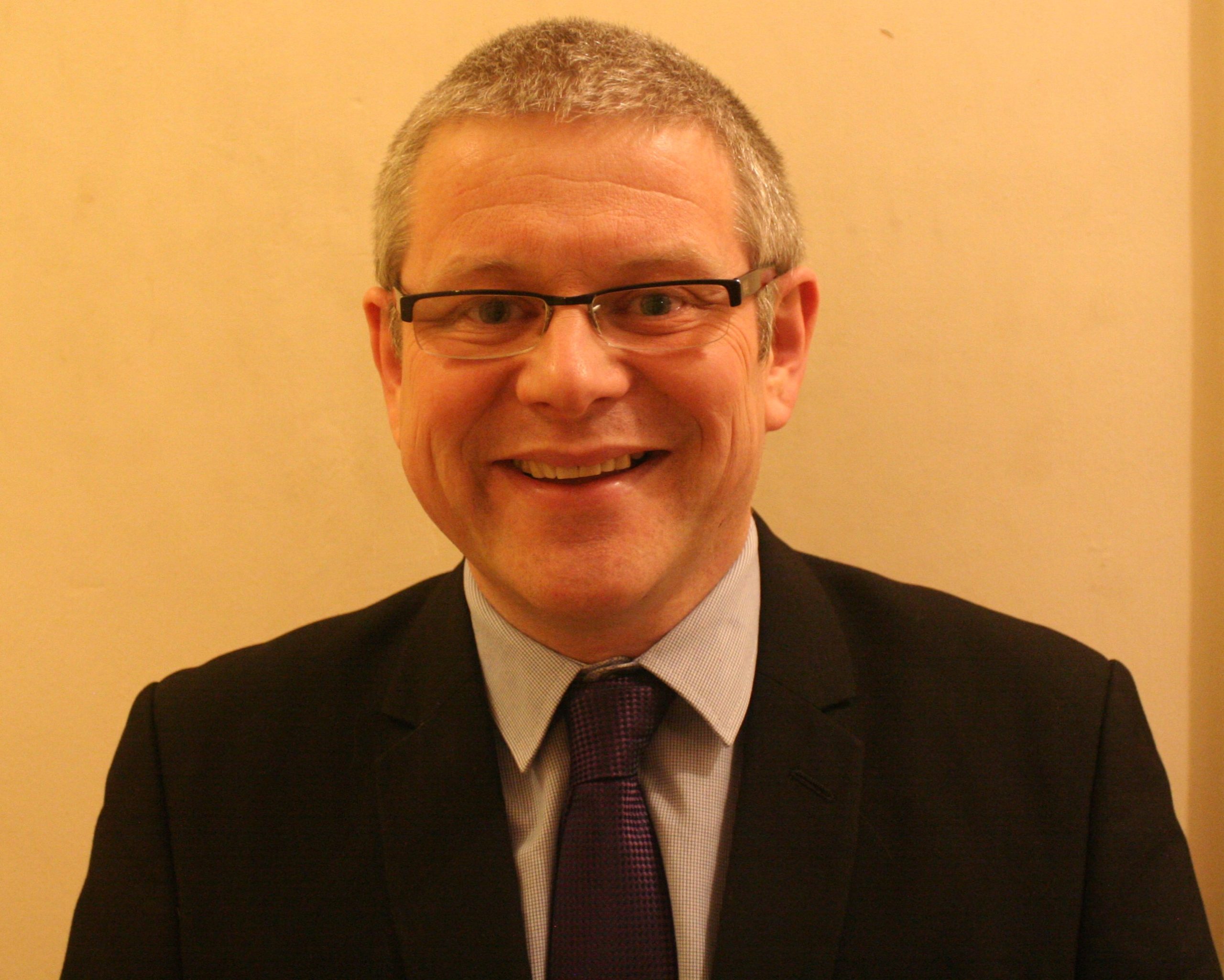HE Governance Career Journey: James Walsh

HE Governance Career Journey: James Walsh
I currently lead the Governance Support Services (GSS) team who provide professional secretariat support for key University committees. Reporting to the University Secretary I provide advice and guidance in relation to the University’s governance processes and our Statutes and Regulations. I was involved in the Statutes Review before I became Head of GSS, which was an interesting experience, particularly as they required Privy Council sign off and we kept being held up by various unforeseen events. I am personally responsible for supporting Council and Governance & Nominations Committee and navigating our response to the Higher Education (Freedom of Speech) Act 2023.
I’d be surprised if any day looked alike. We work in a hybrid mode, so I’m either loading my backpack and with a reusable coffee cup in hand catching the bus, or still grabbing the coffee and settling into my study with Radio 3 to keep me company between meetings.
When I’m in the office I like to find the time to network with colleagues, I find it much easier to have a 5-minute conversation in-person than arrange a Teams call and if we have meetings then I prefer them to be face-to-face due to the open plan nature of our hot-desk office environment. We also have a spider plant that one of our ex- Staff Member of Council gave us that always needs a water!
Very varied, but mostly in local government and higher education. I spent quite some time in Education Business Links, but got tired of worrying about where our funding was coming from and then promoted Education Maintenance Allowances for 12-months, that’s a blast from the past for some reading this! But then my patch was talked about being widened from North Yorkshire & York to pretty much Hull, Leeds, Bradford and everything in between, so I ended up switching roles and working as a Scrutiny Support Officer at Hartlepool Council, Faculty Placements Manager at the University of Sunderland, and started off at Durham in 2018 as an Executive Assistant, before moving into Governance in 2020.
I’ve always had an interest in politics and I think to some degree there’s a link between politics and governance. That was definitely the case when I worked at Hartlepool Council, where we were directly supporting Elected Members whilst employed as Officers of the Council. We were based within the Assistant Chief Executive’s Office and it definitely provided excellent training in working alongside senior staff in an organisation, and developing those persuasive and political skills needed for this and later roles. However, due to the ‘salami slicing’ that was impacting on Local Government budgets I moved into Higher Education and back into placements. I enjoyed the HE environment, but there’s only so often you can keep asking schools to take trainee teachers or local authorities to take social workers, so I jumped at the chance to move to Durham. My line manager at Durham had previously worked in governance and under his mentorship I applied for the Senior Governance Officer role and was successful at interview – the rest as they say is history.
My undergraduate degree from Lancaster University was in Politics with International Relations, but it was probably my MBA that I completed through distance learning at Northumbria University, which has most helped me in my HE governance role. In my experience, management was still seen as a role you worked up to and then received formal training for. I think that has changed a little, but definitely completing my MBA whilst managing staff helped me develop my leadership skills. The other training I have found most helpful are the AHUA’s Online Governance and the Secretaries Programmes, both of which have enhance my HE governance skills and importantly allowed me to network with colleagues from across the sector. Not a day goes by when I am working at home, where Seamus Gillen’s book Building Better Boards doesn’t catch my eye to keep reminding me of those learning lessons!
There’s probably two people that stand out – Andrew Atkin was Assistant Chief Executive at Hartlepool and he used to really push you not to come to him with a problem, but with a problem and suggested solution. That taught me a lot about developing your team to come up with solutions, rather than always providing the answers. Secondly, I have to say our current University Secretary Amanda Wilcox, she created the opportunity for someone to step-up as Head of GSS, supported and mentored me during that step-up period and finally agreed to appoint me to the role permanently. Governance feels like home and anyone who helps you forge a career there is definitely an inspiration in my eyes.
I am really happy with where I am and have no immediate plans for moving onto anything new, opportunities will present themselves and if it happens at the right time then I’ll move on. I am though making sure I make time for strategic thinking. It is easy to become time bound by operational matters and although they are important, liberating yourself to think strategically is vital.
That you are always recruiting! Mainly committee members I hasten to add.
May 2024
